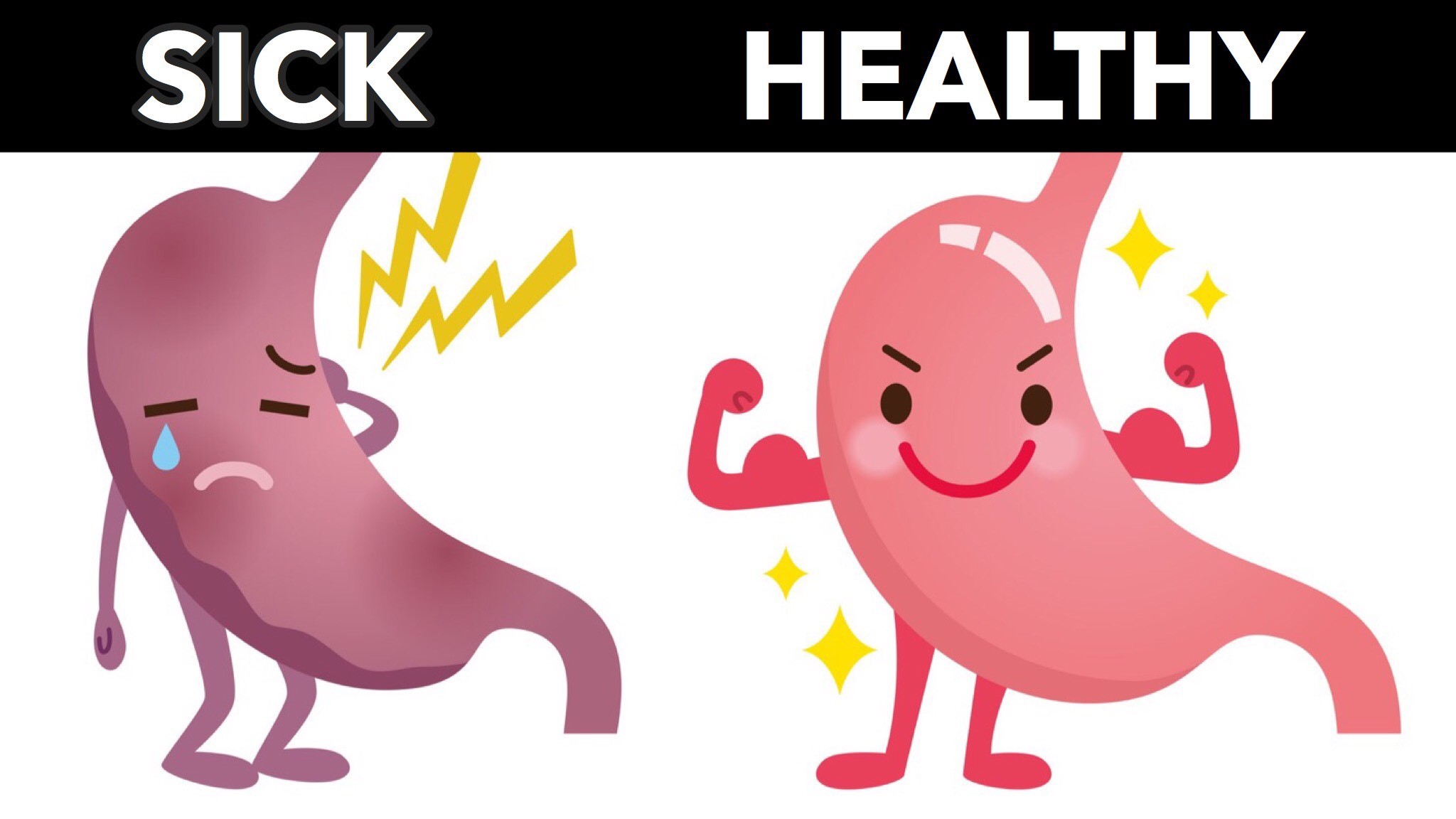Healthy gut = Healthy you

Healthy gut = Healthy you
"What we eat determines how well our digestion works" - Alex Jamieson

In recent times, the complaint of digestive issues is often addressed. It could begin with stomach bloating, constant burping, passing gas, frequent loose stools, indigestion. The common causes for these discomfort are due to stress, sedentary lifestyle, microbial infections, lactase deficiency, drug induced side effects, wrong food choices, excess intake of alcohol. If not taken care ,it eventually weakens the lining of the gastrointestinal tract leading to digestive disorder or disease.
MOST COMMON DIGESTIVE ISSUES
- Food Intolerance
- Celiac disease
- Bloating
- Burping
- GERD
- Constipation
- Diarrhea
THIS IS HOW YOU PREVENT IT
Know Your Digestive Triggers
From person to person the triggers varies. Try to pinpoint the triggers and ask yourself these questions.
- What foods, beverages, and eating patterns seem to upset your digestive tract? For example -Coffee, dairy products, and carbonated drinks.
- Do certain events and situations seem to trigger your digestive problems?
- Does travel make you unravel?
- Do menstrual hormones wreak havoc with your digestion?
- Does stress seem to cause or aggravate digestive problems?

To help you make these connections, keep a journal of what you eat and drink, what medicines and supplements you take, and daily events. In time, you may see a correlation between one or more of these factors and episodes of digestive problems.
A Balanced Diet Keeps Digestion on Track
- Eating right can help to soothe your digestive system when problems flare up. Pay attention to portion sizes, as well as how often and how quickly you eat.
- What to eat depends partly on the specific cause of your digestive problems as well as what foods you’re sensitive to.

- Gradually add more fibre to your diet. Fiber-rich foods add bulk to your stools, which helps regulate your digestion. Increase your fiber intake gradually to prevent bloating, gas, and diarrhea.
- Eat several small meals throughout the day to prevent the sudden bowel contractions that large meals can cause.
Stay Hydrated, but Drink with Care
- Water is good for normal bowel function. Water also helps keep stools soft but solid and well-formed. Avoid drinking beverages such as coffee or soda if you think they trigger your digestive problems.

- When diarrhoea strikes, it’s important to keep hydrated to avoid dehydration. Water and sports drinks (which replace lost minerals called electrolytes) are good choices. Caffeine and alcohol can worsen dehydration.
Practice Healthy Hygiene for Better Digestion
Always wash your hands thoroughly with soap (optional) and warm water after you use the bathroom and before eating or preparing food. This helps prevent transmitting potentially dangerous bacteria to your food.

Manage Stress for Digestive Tranquillity
Having frequent digestive flare-ups can be, in itself, a stress factor. You may be able to relieve stress with relaxing pursuits such as exercise, yoga, meditation, or a favourite hobby.

Seek Support for Digestive Problems
Don’t try to hide your digestive problems from family, friends, and caregivers. Help them understand how, when, and why digestive problems affect you. Explain what they can do to support you emotionally and practically. Let them know what your self-care plan is. Inform them that problems such as diarrhea or gas pains may strike unexpectedly when you’re with them.
Beware of Miracle Cures for Digestive Problems
Alternative digestive treatments such as colon cleansing and fasting are widely touted in some articles and advertising. Although some alternative treatments show promise, many are expensive, ineffective, or downright dangerous.

“One man’s food can be other man’s poison” – So always consult your doctor/dietitian before trying any alternative therapy or supplement.